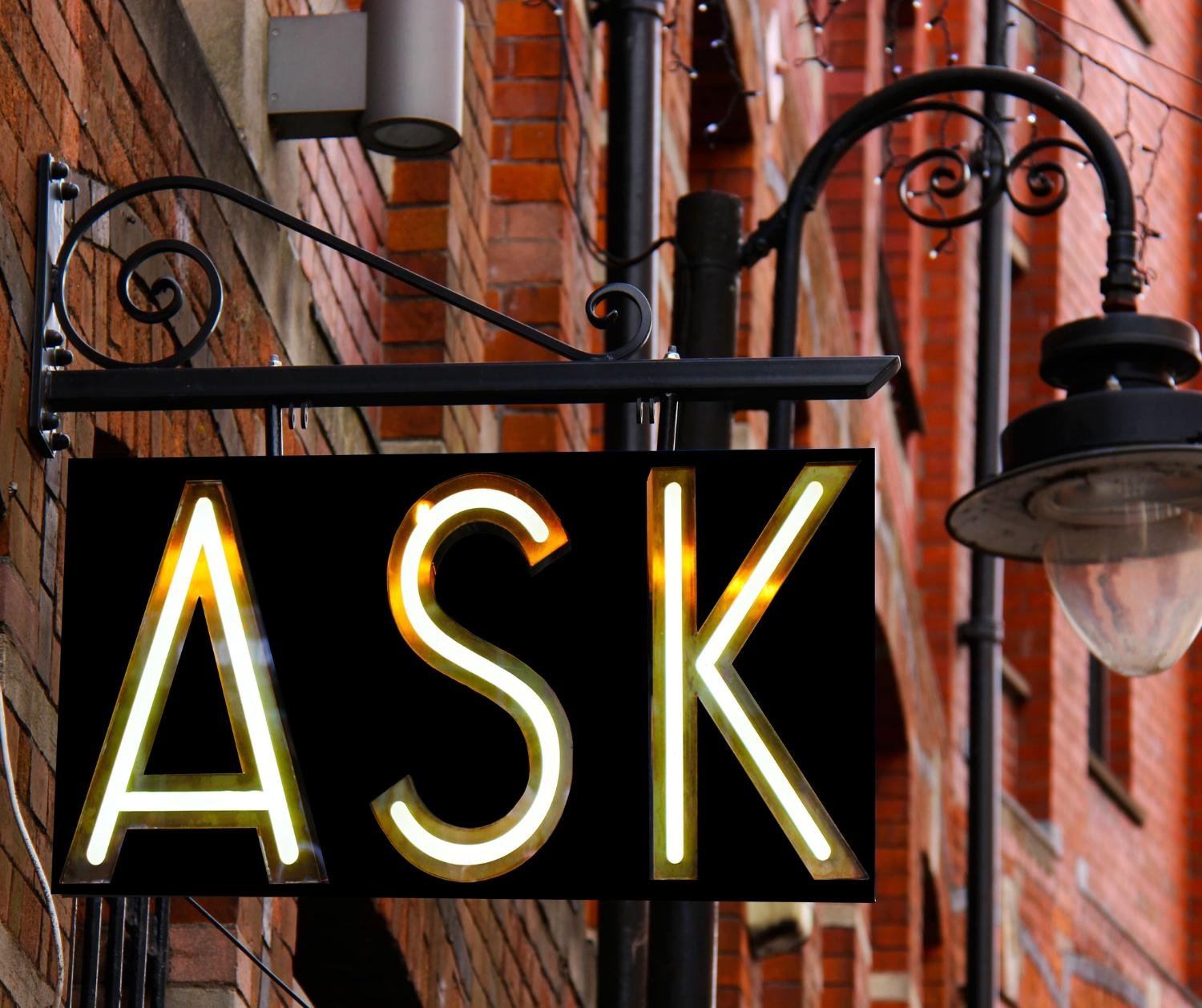TH Words Speech Therapy: How to Improve Your Speech
Do you or your child have trouble saying the /th/ sound? Lots of people do!
The /th/ sound is among the most complex sounds to make in English, along with /r/, /s/, /l/, /ch/, and /sh/.
When a person continues to make speech errors after the age when peers typically learn the sound, it is referred to as an “articulation disorder.”
Articulation disorders can be the result of a speech delay. You may have difficulty producing certain sounds correctly if you have an articulation disorder. Speaking with a pronunciation issue can make it difficult for others to understand you when you talk.
This article will discuss speech exercises for the /th/ sound and how to improve your speech. We will also explain how to produce the voiced and voiceless /th/ sounds, emphasizing the importance of understanding these concepts for improving pronunciation.
Key Takeaways:
Understanding the /Th/ Sound: Learn about the voiced and voiceless variations of the tricky /th/ sound and how they are produced.
When to Start /Th/ Sound Therapy: Find out the typical age of acquisition and when speech therapy might be necessary.
Speech Exercises to Improve the /Th/ Sound: Explore common speech therapy techniques that help with accurate /th/ sound production, with a focus on carrier phrases to enhance fluency and bolster confidence.
Fun Games for Practicing /Th/ Words: Engage children with interactive speech games that are favorites among both children and therapists, making learning enjoyable.
How Do You Pronounce the TH Sound Correctly?
Common Mistakes When Practicing the TH Sound
When Should You See a Speech Therapist for TH Sound Issues?
What is Involved in a Speech Evaluation?
How Can You Learn to Say the /Th/ Speech Sound Correctly?
How to Find Professional Speech Therapists
How Do You Pronounce the TH Sound Correctly?
The /th/ sound can be tricky for children to learn because it comes in two forms—voiced and voiceless—and can appear in different parts of a word. It may show up in the initial position (as in think), the final position (as in bath), or in the middle (mother).
The /th/ sound also changes slightly depending on the following sounds—the sounds that come right after it in a word or phrase—which is why consistent tongue placement is so important.
Another important factor is the voice box. In the voiced version of /th/ (as in this), your vocal cords vibrate. In the voiceless version (as in thumb), they don’t. This guide will help you understand the different ways to pronounce /th/ clearly and confidently, no matter where it appears or what sounds follow.
Interdental /Th/
There are two different ways to produce the /th/ sound. To articulate it accurately, place your tongue between your top and bottom teeth—this is known as the interdental position.
The tip of your tongue should stick out slightly and gently touch your upper teeth, while the rest of your tongue stays behind your bottom teeth. Then, blow air forward. This sound can occur in the initial position (as in think), final position (as in bath), or in the middle of words.
Dentalized /Th/
Some speakers prefer a slightly different technique, known as the dentalized method. This involves placing the tongue tip just behind the top front teeth while blowing out air. Though the placement is slightly different from the interdental method, it can still produce an accurate /th/ sound.
Voiced /Th/
The /th/ sound comes in two forms: voiced and voiceless. In the voiced /th/, your voice box (also known as the vocal cords) vibrates to create sound. The tongue position remains the same, but you’ll feel a buzz in your throat as you say words like them, bathe, or other. Voiced /th/ can appear in the initial, medial, or final position in words.
Voiceless /Th/
In the voiceless /th/, the voice box stays still—the vocal cords don’t vibrate. This results in a softer sound, as in think, thumb, or three. Like the voiced version, voiceless /th/ can appear in various word positions, but it’s especially common in the initial position.
Common Mistakes When Practicing the TH Sound
When practicing the TH sound, it's easy to fall into certain habits that can hinder progress rather than help.
Using an S or Z sound instead of /th/: Substituting the /th/ sound with /s/ or /z/—such as saying “sink” instead of “think” or “dis” instead of “this”—can be a sign of a phonological disorder, where a child uses consistent patterns to simplify speech sounds beyond the expected age.
Keeping the tongue behind the teeth: Not placing the tongue slightly between the teeth results in an unclear or incorrect /th/ sound.
Not using enough airflow or voice: Failing to apply enough airflow or vocal cord vibration makes the /th/ sound weak or muffled.
Practicing too fast without accuracy: Rushing through practice without focusing on the correct tongue placement and airflow can reinforce bad habits.
When Should You See a Speech Therapist for TH Sound Issues?
/TH/ is a later developing sound, and most children begin learning the /th/ sound sometime around the age of 4 years old. While the age of mastery varies, the sound is typically learned by 7-8 years old. A speech-language pathologist should assess a child who has not learned to develop the /th/ sound by this age.
If you notice an articulation issue or signs of a phonological disorder in your child, the key is to seek help immediately. Early intervention is best!
If you are an adult seeking remediation for the /th/ sound, speech therapy can help by teaching you correct pronunciation and proper tongue placement. Adults do very well with articulation therapy because /th/ is one of the most visual sounds, making it easy to follow the therapist's model and instructions.
There is no age limit to articulation therapy; you can improve your speech with hard work and dedicated practice.
What is Involved in a Speech Evaluation?
An evaluation for the /th/ sound will typically involve a speech-language pathologist observing your speech and listening to you produce speech sounds. The speech therapist will listen closely to your speech and assess for correct production or pronunciation issues.
They will also ask questions about your medical history and development. The speech-language pathologist will then use this information to make speech therapy recommendations and set goals.
How Can You Learn to Say the /Th/ Speech Sound Correctly?
Learning to produce the /th/ sound correctly often involves speech therapy at home, online, or in the speech therapy room. Sessions typically include articulation practice that focuses on accurate /th/ production, with feedback and coaching provided by a speech-language pathologist.
Whether in a clinic or at home, repeating the target sound and practicing it in different contexts—beginning, middle, and end of words—is helpful. Here are a variety of strategies and activities used in /th/ speech therapy:
Speech Therapy Exercises for the /Th/ Sound
Practice saying target words that contain the target sound
Say the /th/ sound in different word positions (initial, medial, final)
Say the target sound in single words, phrases, and sentences
Read books or passages out loud that include /th/ sounds
Use tongue twisters that include the /th/ sound
Break /th/ words into syllables to simplify practice (e.g., /b/-/a/-/th/ for “bath”)
Use a mirror to monitor tongue placement and facial movements
Listen to yourself say the /th/ sound to check for accuracy
Use articulation word lists for short daily practice sessions
Speech Therapy Games for the /Th/ Sound
Play-based learning works especially well for children. Playing games helps reinforce learning in a fun, low-pressure way. Examples include:
I Spy – “I spy with my little eye…” using /th/ words
Tongue Twister Relay – Take turns saying parts of a /th/ tongue twister
Simon Says – Incorporate /th/ sounds into the commands
Guessing Game – Give clues for /th/ words, e.g., “Something you wear on your hand when it’s cold… (thumb)”
Word Lists and Rewards – Make practice fun with point systems or small prizes for correct productions
/Th/ Word List
The following are examples of target words that contain the /th/ sound for you to use to practice at home:
Voiced /Th/
In these example words, the vocal cords vibrate and make a noisy sound:
them
bathe
therefore
that
though
they
gather
seethe
feather
breathe
father
loathe
Voiceless /Th/
In these example words and short phrases, the vocal cords do not touch, and the resulting sound is quiet. The words and phrases listed here feature the voiceless /th/ sound in the initial, medial and final positions:
thing
think
third
thirsty
Thursday
bathtub
math problem
eat thick steaks
white teeth
moth landed
third birthday
eating healthy food
long path
planet earth
nice hot bath
If you have difficulty producing the /th/ sound, consider seeking help from a speech-language pathologist. Practice and guidance can help you make the /th/ sound correctly.
How to Find Professional Speech Therapists
Finding a qualified therapist is essential for addressing speech sound disorders, such as difficulty with the /th/ sound. Start by seeking certified speech-language pathologists (SLPs) who specialize in articulation therapy.
You can search reputable directories, such as the American Speech-Language-Hearing Association (ASHA), or consult your child’s school or pediatrician for recommendations. Many therapists offer in-person and online services, allowing you to choose the option that best suits your schedule and comfort level.
When choosing a speech therapist, consider their experience with the specific sound you're working on—like the /th/ sound—and ask about their approach to treatment. A good SLP will provide a personalized therapy plan, regular progress updates, and strategies for at-home practice.
Online speech therapy has also become a popular and effective option, particularly for families seeking flexible and convenient care.
In-Person vs Online Speech Therapy
Check out our blog on in-person vs online speech therapy for more information!
Frequently Asked Questions About TH Words Speech Therapy
1. What age should a child say the /th/ sound?
The ability to say the /th/ sound typically develops between the ages of 4 and 7. However, it's important to note that speech development can vary significantly from child to child.
By age 5, many children begin to consistently produce the /th/ sound, though it may still be developing. If a child is around 7 years old and still struggling with the /th/ sound, it may be a good idea to consult a speech therapist to rule out any underlying speech or articulation issues.
2. What can cause an articulation problem with the /th/ sound?
People often struggle to produce the /th/ sound, and the cause is often unknown. Possible causes include anatomical changes to the mouth or face, hearing loss, or frequent ear infections. Some have a familial history of speech delay.
No matter what the cause of your difficulty with /th/, speech therapy can help.
3. How long will it take to see an improvement after /th/ word speech therapy?
The time it takes to improve speech quality depends on several factors, including age, the severity of the sound error, and the duration of the problem.
Most people can expect to see progress within a few months of starting. However, some may need speech therapy sessions for a more extended period.
4. What are examples of /th/ words to practice?
Here are some examples of /th/ words to practice, organized by the sound's position in the word:
Beginning of the word (voiceless):
Think
Thumb
Throat
Thank
Three
Medial Voiced:
Father
Mother
Brother
Together
Another
Medial Voiceless
Anything
Something
Toothache
Birthday
Earthworm
Final voiceless:
Bath
Tooth
North
Truth
Path
Practicing these words in different positions helps build consistency and fluency with the /th/ sound.
How Connected Speech Pathology Can Help
If you are having difficulty pronouncing the /th/ sound, speech therapy can help. There are many speech exercises for the /th/ sound that you can do in speech therapy sessions, and with practice, you will be able to improve your speech.
At Connected Speech Pathology, our speech pathologists are highly trained and experienced in treating articulation and speech sound disorders. We can help you or your child improve speech clarity and confidence. We offer remote services, allowing you to receive speech therapy from the comfort of your own home.
We understand that every individual is unique, so we tailor our therapy programs to each person's specific needs.
If you are interested in TH sound speech therapy, don't hesitate to book a free phone consultation. We would be happy to help you or your child improve their speech clarity and communicate with confidence!
Summary
Improving the /th/ sound takes time, practice, and the proper support, but it’s absolutely achievable. Whether you're helping your child or working on your own speech, understanding the /th/ sound and knowing when to seek help can lead to real progress.
With personalized speech therapy and consistent effort, clearer and more confident communication is within reach.
About the Author
Allison Geller is a communication coach, speech-language pathologist, and founder of Connected Speech Pathology, an international online practice providing professional communication coaching and speech therapy for children, teens, and adults. With more than two decades of experience, she has worked in medical and educational settings, published research on aphasia, and leads a team of specialists helping clients improve skills in public speaking, vocal presence, accent clarity, articulation, language, fluency, and interpersonal communication.












